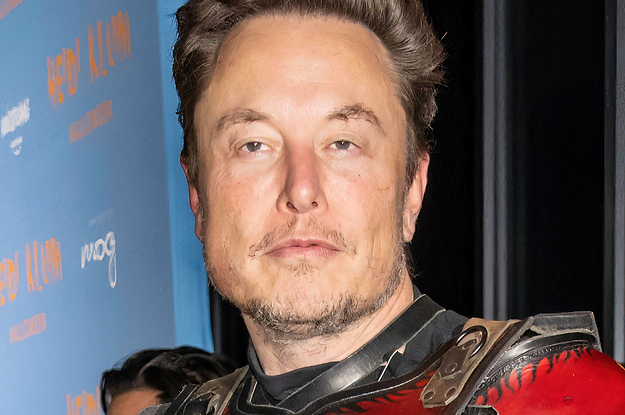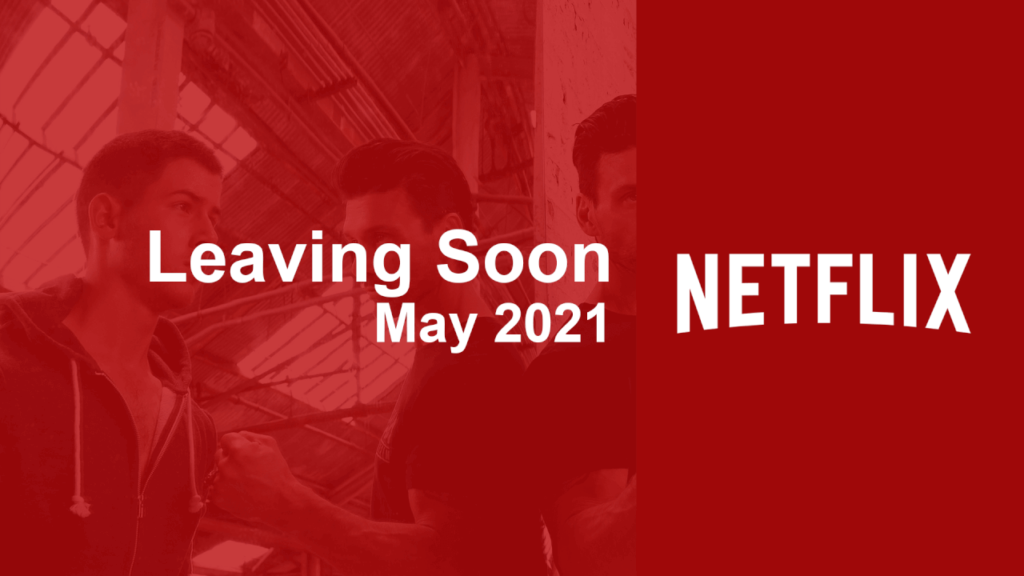Yesterday Elon Musk spoke in a Twitter Space aimed at mollifying nervous advertisers about his strategies for verification on the system he lately acquired. The hourlong chat among Musk and Robin Wheeler from Twitter’s advert staff was huge-ranging — he floated designs for some kind of payment program and described why car advertisers should not be concerned.
Mainly, he centered on outlining his eyesight for an $8-for every-thirty day period Twitter Blue membership and its verification procedure. “I’m having difficulties with the concern of how do you deal with tens of millions of bots and troll farms, such as destructive condition actors,” the Main Twit stated.
Wheeler questioned him about content moderation and brand name protection — precisely hate speech (advertisers, for very good motive, don’t want their adverts running future to dislike speech). Musk claimed that this would be solved by the $8 paywall. “The propensity of a person to engage in loathe speech if they have paid $8 and are jeopardizing their account,” Musk said. “Think about it… how a great deal hate speech do you come across if you’re at a get together, or at an function?”
Sadly, Musk is lifeless incorrect.
He is slipping for an aged fallacy that if folks use their serious names on-line, they will not say terrible issues. Everyone who has at any time observed boomers in a nearby Obtain Very little Fb group understands that folks have no trouble expressing nasty issues less than their authentic names.
Musk’s prepare also flies in the facial area of several educational studies on on line habits. A effectively-regarded 2016 examine from the College of Zurich confirmed that using real names essentially would make people more possible to put up hateful and intense opinions. A single cause for this is that folks who were being trolling sensed the acceptance of their peers.
Creating individuals use genuine names has also been proven to are unsuccessful at scale. In 2007, in an exertion to reduce cyberbullying, South Korea passed a law demanding actual names for commenters on huge internet websites. The law was scrapped by 2012, in part simply because a examine showed it only reduced aggressive reviews by considerably less than 1%.




